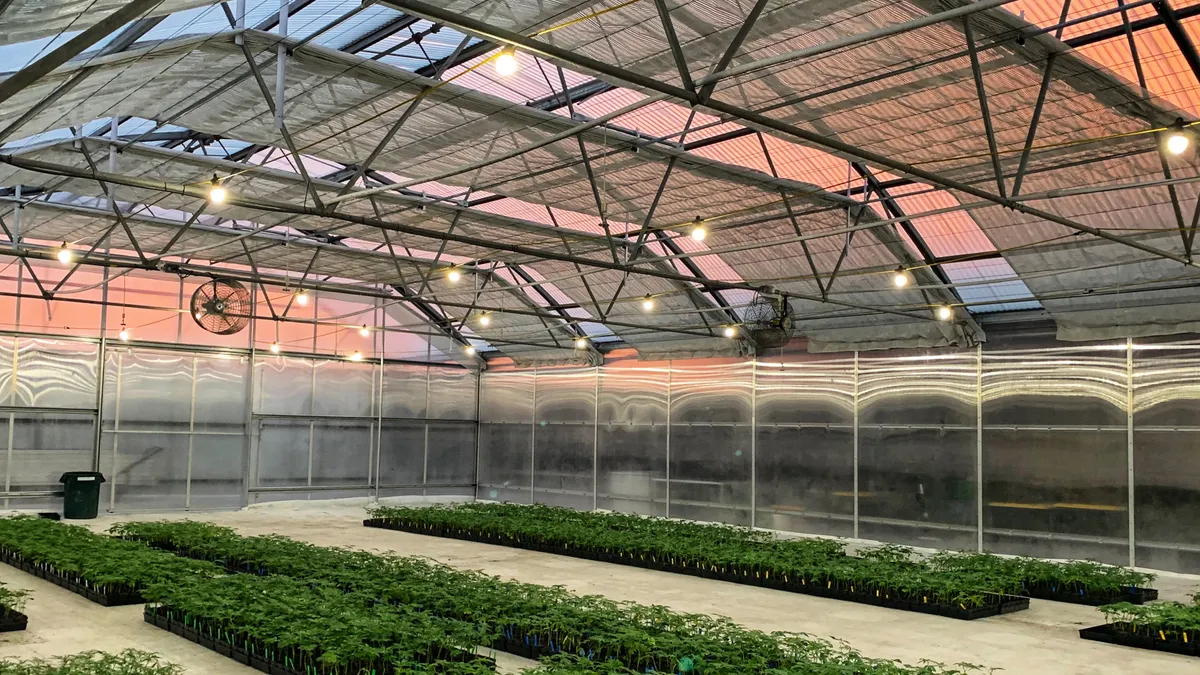While some states made moves to legalize marijuana during the midterm elections — and President Joe Biden made national news when he announced his administration would be reviewing marijuana’s scheduling under federal law — marijuana compliance for the workplace has not gotten easier.
The road to federal decriminalization of weed is arguably long. Right now, regardless of industry, HR managers are grappling with adult use of recreational cannabis — and whether monitoring off-the-clock use and taking punitive action is worth their time, especially when the headquarters or the worker in question is located in a weed-friendly state.
For example, Washington, D.C., city council unanimously passed a ban on firing workers for failed cannabis tests this past June. Still, Cannabis Employment Protections Amendment Act of 2022 does not shelter employees who “consumed marijuana at work or while performing work-related duties.” It is still awaiting approval by D.C. Mayor Muriel Bowser, a subsequent 60-day congressional review and publication in the District of Columbia Register.
Similarly, Gov. Gavin Newsom signed a bill this past September protecting off-the-clock cannabis users from termination. The law goes into effect in January 2024.
In turn, many employers have re-examined drug testing under these expanding regulations. An attorney told HR Dive last year that Amazon’s updated drug testing policy could have a ripple effect throughout the corporate world. Likewise, a Disability Management Employment Coalition exec shed light on the issue of varied legalization and decriminalization throughout the U.S., paired with widespread adoption of remote-only or hybrid work arrangements.
Ultimately, she told HR Dive that employers should consider testing for impairment, more so than operating within the binary of cannabis in a worker’s system vs. cannabis not in a worker’s system — especially when cannabis was more likely to have been consumed off the clock. (A labor attorney added that abuse of prescription drugs was a bigger issue, in her experience, than adult use of cannabis.)













